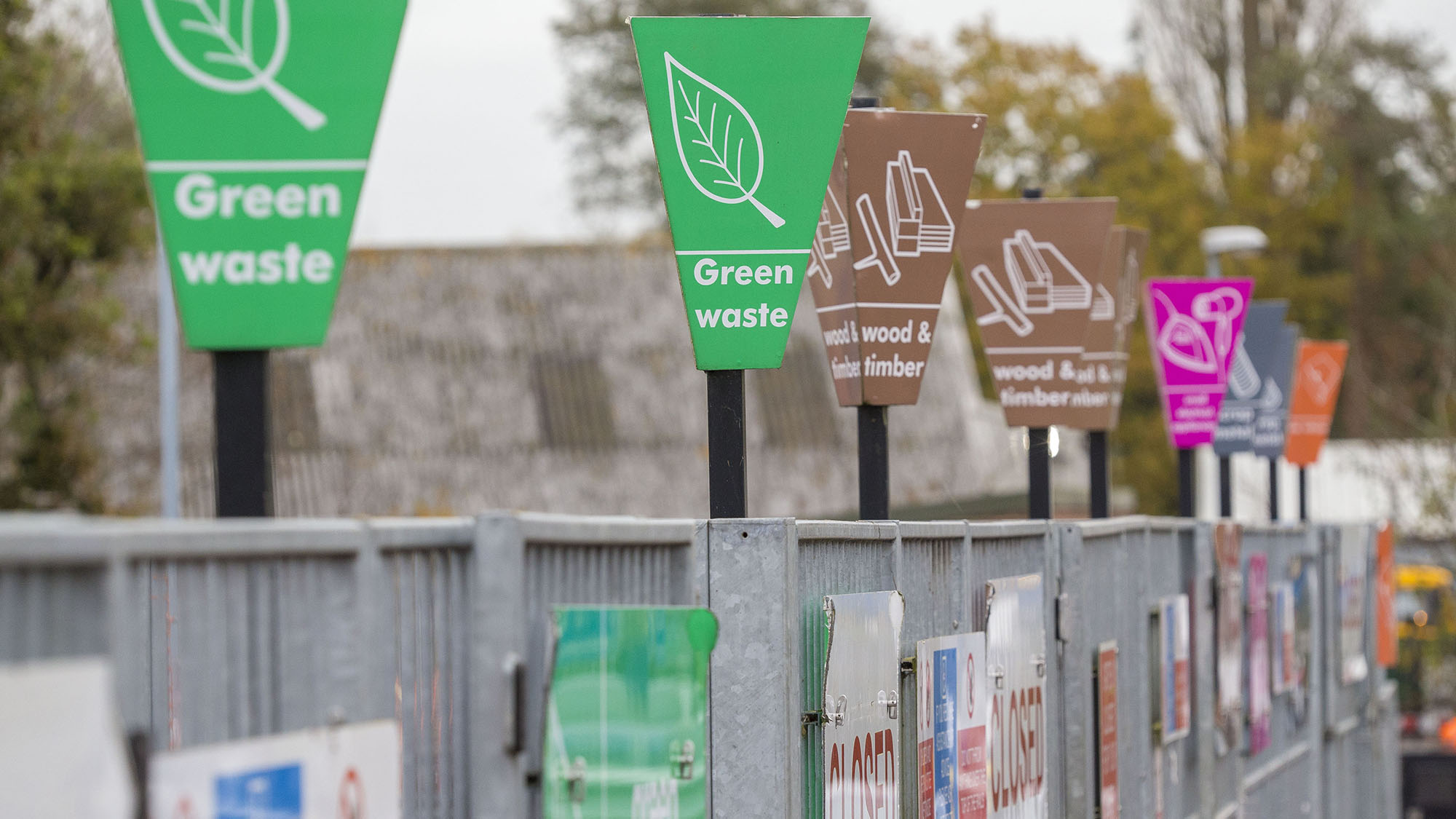COVID-19 hot topic: Whether to open HWRCs during the national lockdown

There is much discussion in the media and our sector on the issue of Household Waste Recycling Centres (HWRCs) being closed, and whether they should be reopened right now during the national lockdown.
As SUEZ, we took a position early on in the pandemic that our approach would be to follow the advice from government and Public Health England aimed to help society prevent the spread of the coronavirus and to save lives. As such, us and our local authority customers closed all HWRCs, which we are responsible for. In many cases, employees from the closed HWRC sites were moved to support the maintenance of kerbside services that have been rightly recognised by the public and government as an essential service.
HWRCs provide a useful service to householders and closing them was not done lightly. However, we didn’t and still don’t consider that with 100% of kerbside residual waste collection services being maintained by all local authorities, that a trip to the HWRC by the public is an essential journey. The ‘stay at home’ guidance is that the householders should only leave their homes for essential journeys and one of the reasonable excuses given in the new regulations was to access ‘critical public services’.
In our sector, we think our critical service is general waste (that which cannot be recycled) and food waste. If not removed from households, they can decompose and lead to odours and ultimately start to pose a risk to human health. In their advice, Defra recognises the need to ‘avoid rubbish building up and a public health risk’.
Given the wide discussions and lack of clarity, we set out to do two things. Firstly, we published a short paper that sets out in a simple and clear manner what we thought might be deemed an ‘essential journey’ and secondly what areas of consideration might be necessary when ultimately we reopen HWRC sites. This document was published on 16 April 2020 and can be found here.
The main conclusion is that for almost all people at this point in time, and considering that the kerbside services are being delivered, there is no reasonable excuse for needing to travel to a HWRC for the vast majority of households. However, where it was proven necessary to open to provide essential public services, the following needed to be considered:
- Available staff and impact that might occur if they were drawn back from essential kerbside support.
- Space and capacity on site and how this will be managed.
- Waste types that can be accepted and sent for treatment and that allow the site to operate safely and allows visitors to respect social distancing.
- Management of expectation of the public and traffic management outside sites.
- Which sites can be opened safely and where collocated with other sites, be operated without disrupting those other services.
This was the start of our analysis, after which we have continued with more in-depth work including guidance and advice being issued by Defra, by the National Police Chiefs Council and by WISH to name a few.
Furthermore, we explored the issues in a more open forum and hosted a webinar for our local authority customers and other industry representatives to talk through why sites are closed, to discuss under what circumstances they might reopen and finally to understand attendees’ expectations of what controls and management conditions would be necessary when they did reopen.
The discussion was fascinating, but the results of the polls we ran were emphatic. The webinar was attended by over 180 delegates and over 130 of those represented local authorities. At the very start of the session we asked the local authority representatives to simply vote on whether they thought a trip to a HWRC was a reasonable excuse to leave the house. 89% of those who voted said that it was not, and only 11% considered it was. At the end of the debate when we asked the same audience to tell us if a trip to a HWRC was essential, the answer was 100% no.
Both questions emphatically confirm that whilst kerbside services are maintained, there is no need for the vast majority of householders to leave their homes and put themselves and others at risk by taking trips to their local HWRC site. We did explore under what circumstances a HWRC might be opened and 90% of those who voted said only when food and general waste could not be collected from households at kerbside, 3% said after three months of non-essential services being suspended and 6% said never.
It was clear from the discussion, the questions and the comments received, that when sites are reopened there would be restrictions on use and the materials that could initially be accepted. When we asked what the priority materials might be, most said garden waste and bulky waste rather than wood or trade waste and 72% of those who voted considered it would take between one and three weeks to complete the assessments, design and implement the temporary arrangements and to complete training before such a site could be mobilised.
It was clear to us from the work we have done and from the webinar feedback that non-essential trips to a HWRC should not be encouraged and that the need for essential trips does not generally exist if key kerbside services are maintained. Where it is proven that essential trips are necessary, not all HWRCs can be reopened and those that can will be limited in capacity and service they offer. Managing expectations of the public and the sites and traffic routes to them will be key to keeping everybody safe. Let us not all forget that the efforts put in by the sector to maintain those essential kerbside collections of waste were to ensure the public didn’t need to leave home and take unnecessary trips and expose themselves to unnecessary risk. As the lockdown has been extended to protect life, we should all think very carefully about whether a trip to a HWRC is really an essential one.
